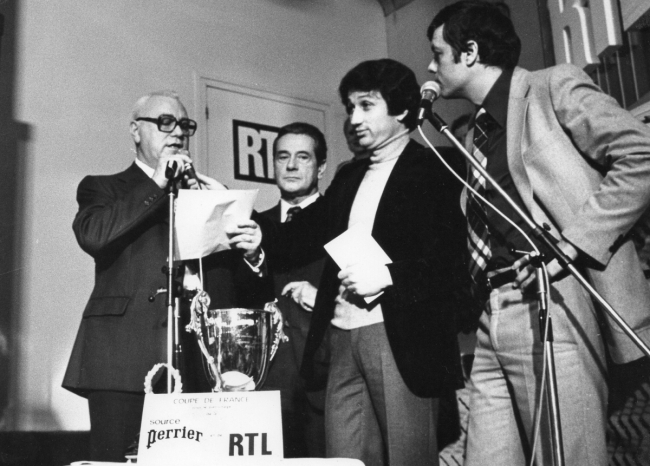Completed research project
Funded by the German Research Foundation (DFG)
This project aims to analyse and compare to what extent the Luxembourgian programme supplier and commercial company of RTL has contributed to the transformation of media cultures in the Federal Republic of Germany and France. In this way, the cultural and social, historically-formative transition from shortage to prosperity society experienced by both countries will be addressed. This process was not only closely connected to the dissemination of audio-visual media, but also significantly accelerated by them. According to the working hypothesis, RTL as a very successful, commercially-orientated supplier of radio programmes, which eluded direct national regulation efforts due to its location in Luxembourg, played a pioneering role in this process. Taking into account the three levels of strategy, programming and perceptions in the Federal Republic and France, it will be examined how the supplier advanced its radio programmes, and how politics, the media and society reacted to this. By scrutinising a major transnational player, the project paradigmatically seeks to provide a better understanding of the early transformation stage of media cultures up to the point of commercialised and liberalised public spheres in Europe.

